 As we continue to age, it’s natural for our memory to fade and our cognitive abilities to decline. But how do you know when these changes are simply a part of getting older, or if they could be early signs of dementia?
As we continue to age, it’s natural for our memory to fade and our cognitive abilities to decline. But how do you know when these changes are simply a part of getting older, or if they could be early signs of dementia?
Many aging adults experience changes in their mental abilities and overreact, not knowing that those changes are entirely normal. In this blog, we explore the common signs and symptoms of both normal aging and dementia and the differences between the two so that you and/or your family members can have peace of mind.
Common Signs of Normal Aging
It’s important for aging individuals to gain a better understanding of which mental changes are normal and which may be signs of dementia. People tend to be more forgetful as they get older, which is often not a cause for concern. Other common signs that you’re aging normally and most likely do not have dementia include:
- forgetting names
- forgetting which day it is but remembering later
- forgetting important dates or appointments
- making a poor decision every once in a while
- struggling to recall daily events or experiences
- misplacing items around the house
- getting lost in a familiar place
- sometimes forgetting which word to use
- missing a monthly bill payment
Common Symptoms of Dementia
The early signs of dementia are very subtle and vague and may not be immediately obvious, which means people should be on the lookout for symptoms that seem to be worsening over time. While the typical aging signs listed above may not be a cause for worry, the following could indicate much more serious cognitive issues:
- memory loss
- confusion and needing help with daily tasks
- problems with language and understanding
- changes in behavior
- reduced concentration
- apathy and withdrawal or depression
Differentiating Normal Aging and Dementia
If you are experiencing difficulties with memory, but they are not noticeably disrupting your daily life, your ability to complete tasks as you usual, or your ability to learn and remember new things, then you are most likely experiencing typical signs of aging.
However, memory loss can reach a point where it affects your daily life and ability to stick to your normal routine, makes it difficult to learn new things and complete tasks you’re familiar with, and becomes noticeable to family and friends. These are indicators that your memory difficulties match up with what people frequently experience in the early stage of dementia and, in turn, that it’s time to seek a professional’s help and diagnosis.
For real-world, everyday examples of differences between the main symptoms of the most common types of dementia (Alzheimer’s disease and vascular dementia) and the usual signs of aging, view the tables in this Alzheimer’s Society article.












